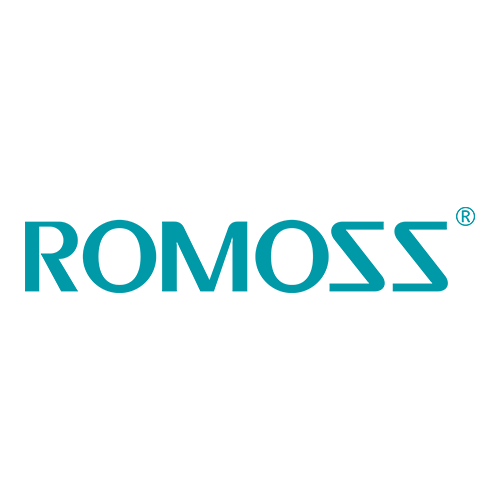
What is the difference between Analogue and IP cameras…
admin2014-09-05T13:56:27+02:00
When choosing security cameras for your home or business, you’ll notice a lot of talk about the differences between analogue cameras and IP cameras. Both types of cameras work well in either personal or business security scenarios. Whether an analogue or IP camera is best for you depends upon your individual security needs, so I’m going to list some differences between the two to help you decide on your security camera.
Expense
 Let’s talk about budget first, because that is generally a primary concern for anyone looking to install a new security system or enhance an existing one. Analogue cameras are cheaper than IP cameras. The technology behind the analogue security feed is tried, true, and quite old – about 50 years old to be exact. As such, these cameras cost less than the newer and more technologically advanced IP models.
Let’s talk about budget first, because that is generally a primary concern for anyone looking to install a new security system or enhance an existing one. Analogue cameras are cheaper than IP cameras. The technology behind the analogue security feed is tried, true, and quite old – about 50 years old to be exact. As such, these cameras cost less than the newer and more technologically advanced IP models.
This being said, the new IP models like IDIS are generally easier to install than analogue units are. They feed the security image directly to NVR, so wiring IP cameras are now much easier than before. However due to this new technology, the cameras themselves may be more expensive, but the installation and wiring fees for an analogue system might offset the difference in camera cost should you choose an IP solution.
Lighting
 Cost aside, another important consideration for your CCTV security cameras is lighting. I stress to my customers daily that security cameras do you no good if you cannot see the images they are projecting. An analogue camera works very well at recording images in many different hues of light. An IP camera performs much better in well-lit conditions.
Cost aside, another important consideration for your CCTV security cameras is lighting. I stress to my customers daily that security cameras do you no good if you cannot see the images they are projecting. An analogue camera works very well at recording images in many different hues of light. An IP camera performs much better in well-lit conditions.
With this in mind, if you are securing your home, for example, and you would like to spare your neighbours the annoyance of high-voltage lighting around the perimeter of your property, you might do better with an analogue camera. If you’re securing your business, which has lighting all around the property to keep it bright throughout the night, you would do fine with an IP camera.
Distance

Another thing is distance. In this particular case, analogue wins again for home lighting, whereas IP wins for business property. Analogue cameras record well in light, but lose clarity the further away the image. IP cameras maintain clarity at longer distances, so they work well for securing larger areas, such as parking lots or warehouses, for example.
Clarity
Clarity at a distance isn’t your only concern, however, and I often recommend IP systems to customers who desire a clearer and sharper picture. This is where the differences in technology come into play, and one of the reasons why IP cameras are more expensive than analogue cameras. Just like pictures taken with digital cameras, the more pixels the better the clarity.
As I said at the beginning, analogue camera technology is older, and the maximum amount of megapixel resolution an analogue camera has is low. An IP camera has a much higher megapixel resolution, so your image will be much clearer with an IP camera. This will, of course, also increase the cost of the camera.

Camera Image Security
 An IP security camera encrypts your camera feed prior to sending it to the network server. It does this for several reasons, including compressing the data into a smaller size and securing it for transport over the Internet; therefore, if you are concerned about the security of your images, you’ll probably feel more comfortable with an IP CCTV security system than an analogue one.
An IP security camera encrypts your camera feed prior to sending it to the network server. It does this for several reasons, including compressing the data into a smaller size and securing it for transport over the Internet; therefore, if you are concerned about the security of your images, you’ll probably feel more comfortable with an IP CCTV security system than an analogue one.
As you can see, there are some significant differences between an analogue and an IP security camera. The type of camera you choose really does depend upon your individual security needs. If you are securing your home, and simply want a simple, inexpensive system, analogue might be the way to go. If you’re securing your business and have an expansive area to secure or more clarity in the images recorded, you might find IP a better solution.












